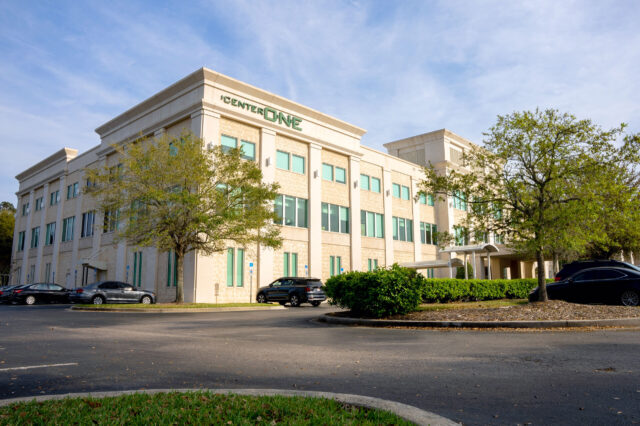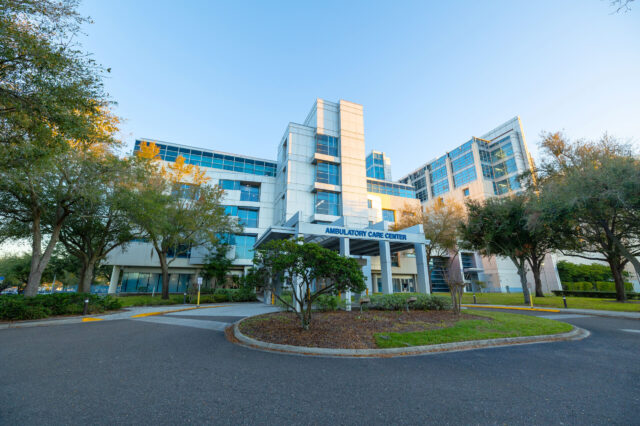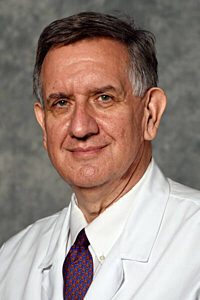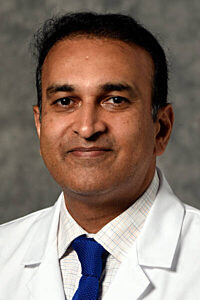Restoring rhythm
A UF Health cardiologist is the first in the world to implant a regenerative bio envelope he helped create, improving the life of a Jacksonville mother.

Update your location to show providers, locations, and services closest to you.
Clinical cardiac electrophysiology is a subspecialty of cardiovascular medicine concerned with the study and treatment of rhythm disorders of the heart, called arrhythmias. Cardiac electrophysiologists work closely with other cardiologists and cardiothoracic surgeons to assist or guide therapy for heart rhythm disturbances.
The UF Health Clinical Cardiac Electrophysiology Program in Northeast Florida and Southeast Georgia is led by University of Florida faculty cardiologists, as well as a team of skilled nurses trained and specialized in diagnostics, treatment and continuing care of patients with cardiac electrical problems.
If you are having symptoms of heart rhythm problems, our specialists may recommend one or more tests to diagnose an arrhythmia and determine if it is causing your symptoms. These diagnostic procedures may include:
Once your heart condition has been diagnosed, our specialists will design a personalized treatment plan, which may include medication, interventional procedures or surgical procedures. Often, an interventional procedure is performed at the time of an electrophysiology study.
Advanced treatment options provided include:
Our doctors are the region’s leaders in providing the most complete evaluation of patients’ heart's electrical needs and matching that with the most technologically advanced care of pacemakers, defibrillation therapy or ablation therapy.
Our specialists are professors and researchers in one of the nation’s largest cardiologic training programs — the University of Florida College of Medicine – Jacksonville — and are able to offer more treatment options than other facilities, which we believe provides the best possible outcomes for our cardiovascular patients.
We offer a comprehensive atrial fibrillation center where the electrophysiologist and cardiothoracic surgeon use innovative technology to improve the quality of life for our patients.
Phone number:
(904) 383-1011Address:
10475 Centurion Parkway North
Phone number:
(904) 383-1011Address:
655 West 8th Street


A UF Health cardiologist is the first in the world to implant a regenerative bio envelope he helped create, improving the life of a Jacksonville mother.

September 30, 2016
Heart disease, heart attack and heart failure are common conditions of which most people are aware. While atrial fibrillation, or A-fib, might not get as much…
Division of Cardiology, +5 more
